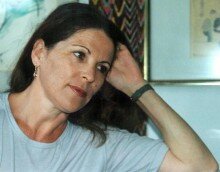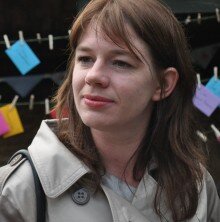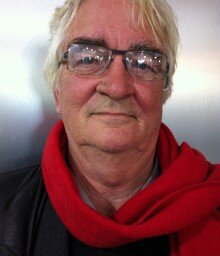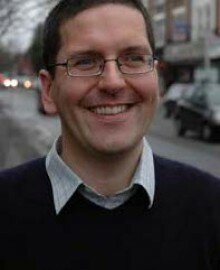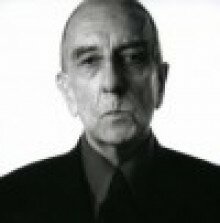
Armando Uribe has written legal treatises and essays besides poetry. From Paris, where he was living in exile, and taught Political Sciences at the university, and back in Chile, he openly criticized the military rulers of his country, Augusto Pinochet and Patricio Aylwin, in newspaper articles and open letters. Uribe has translated poetry of and written studies on such poets as Eugenio Montale, Ezra Pound and Paul Léautaud.
In Uribe’s view, the main theme of twentieth-century poetry is stupidity. He once said he could write a daily ‘chronicle of national idiocies’. He is averse from metaphysical tendencies in poetry.
A striking feature in Uribe’s work is his ongoing struggle with mortality and the divine will: we are constantly reminded of the fact that we are mortal beings, and that we are not here of our own free will. God is subjected to searching interrogations as to his intentions with his creation. The poet has harsh things to say about being born, leaving the reader with few if any illusions, although, admittedly, there is the sparkle of irony amidst the pervading gloom.
Uribe is intrigued by what he describes as ‘the relationship between poetry and the unconscious’. Some people call it ‘the muse’. Federico García Lorca spoke of the ‘duende’ rising from the soles of one’s feet. ‘And God guzzles up the poet’s brain’: a person’s consciousness vanishes and he is governed by his unconscious. Uribe published a book on this subject earlier this year: La Poesía y el inconsciente (‘Poetry and the Unconscious’).
Uribe’s latest publisher has a website containing work of the poet. Uribe himself says he has never so much as looked at it, because he does not own a computer, nor any other machine – he could not even manage a bike. He writes by hand on sheets of paper, and has someone else type it into the computer for him.
‘Poetry is a critique of life, and my recent books are about criticizing life and death’. His latest publication, Contra la Voluntad (‘Against the Will’) is a collection of poems in tabloid format, with drawings by the author. It is a kind of gallery of deformed images, a chronicle of modern-day decay, which he himself describes as a museum of teratocracy, the rule of monsters.
[Armando Uribe took part in the Poetry International Festival Rotterdam 2001. This text was written on that occasion.]



